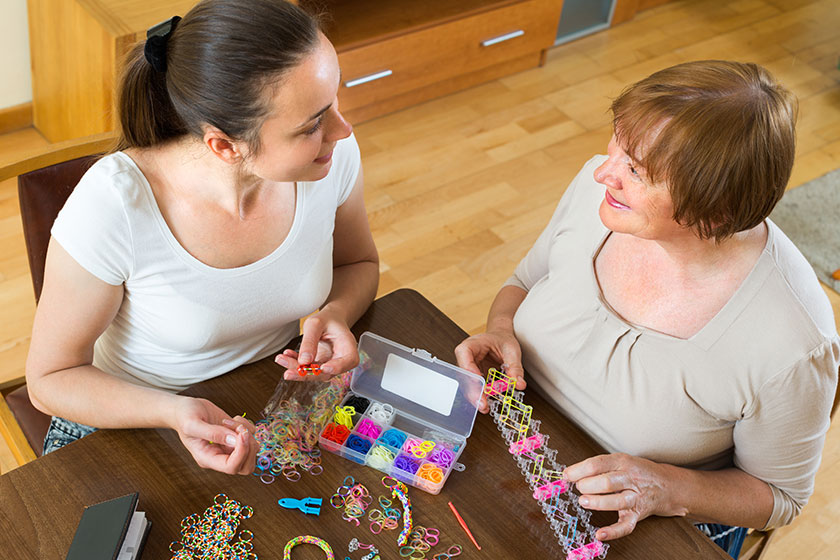Creating a well-structured memory care plan is of paramount importance to ensure the well-being of loved ones, especially those transitioning to a retirement community. Such a plan provides clarity, structure, and predictability, all crucial aspects when dealing with memory challenges. This article will highlight several critical components you should consider when formulating a memory care plan for your dear ones.
Comprehensive Medical Assessment
A thorough medical evaluation is foundational. This ensures that the memory care plan is tailored to the specific needs of the individual, factoring in their current health status, medical history, and any medications they are on.
Daily Routine Structure
Consistency is vital for those with memory challenges. Establish a structured daily routine, incorporating activities that are familiar and comforting. This could involve walks, reading sessions, or even engaging in hobbies.
Personalized Activities
Identifying activities that resonate with the individual can significantly enhance their quality of life. Whether it is music, art, or any form of craft, these activities can be therapeutic. Participating in retirement community events is also a way to keep them engaged and socially active.
Safety Measures
Safety is paramount. Consider safety precautions tailored to their needs, such as non-slip mats, adequate lighting, or even ensuring that there are no obstacles in frequently used paths.
Nutritional Considerations
Diet plays a crucial role in overall well-being. Ensure the memory care plan includes a balanced diet, with particular attention to foods that can enhance brain health. Also, be mindful of any dietary restrictions or allergies.
Communication Strategies
Effective communication can reduce confusion and frustration. Incorporate strategies that promote clear communication, such as using simple sentences, maintaining eye contact, and ensuring that the environment is free from distractions during conversations.
Familiar Environment
The surroundings can have a profound impact on those with memory challenges. Creating an environment with familiar items, such as personal belongings or favorite books, can offer comfort.
Professional Support
Consider involving professionals who specialize in memory care, ensuring that the care plan is comprehensive and up-to-date with the latest findings in dementia and memory care research. Services like senior memory care can provide invaluable guidance.
Physical Activity
Regular physical activity can improve mood and reduce anxiety. Incorporate simple exercises into the plan, which are tailored to the individual’s physical capacity. This can range from gentle stretches to walks within the retirement community.
Regular Reviews
The needs of an individual can change over time. Thus, it is essential to review the memory care plan regularly, making necessary adjustments based on the evolving needs of your loved one.
Emotional and Psychological Support
The emotional well-being of those with memory challenges is of utmost importance. Incorporate regular counseling sessions or therapeutic activities that promote emotional balance.
Social Engagement
Social interactions can play a vital role in enhancing the quality of life. Ensure the plan provides opportunities for social engagement, whether it is through group activities or one-on-one interactions with peers.
Creating a robust memory care plan for a loved one requires a comprehensive approach, understanding their unique needs, and ensuring their well-being. By incorporating these essential components, you pave the way for a fulfilling and harmonized life within a retirement community. Regular reviews and adjustments ensure that the care plan remains relevant, offering the support and structure your loved ones deserve.







